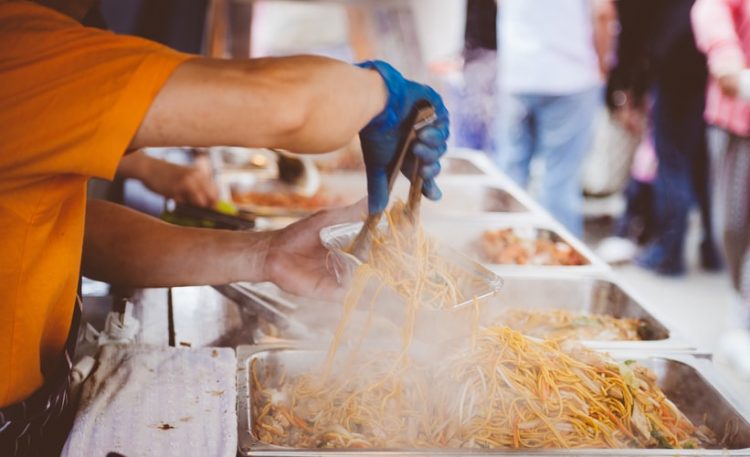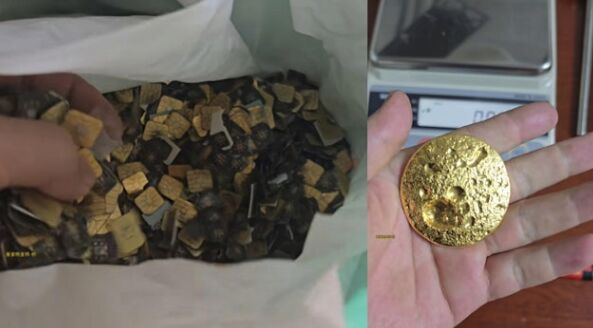A Chinese food stall owner was recently arrested after admitting to adding poppy husk powder to his dishes to get patrons hooked on them.
In late August of this year, the Lunan Police Station in Lianyungang City, China’s Jiangsu Province, received information that a local hot noodle stall owner might be using illegal ingredients to make his food more appetizing and more addictive. Apparently, the anonymous whistleblower had recently watched public safety warning videos about shady businessmen lacing their food with poppy husks to make them seem more appetizing, and wondered if the food stall that made the delicious hot noodles he loved so much was doing the same thing. As it turned out, they were in fact adding poppy husk powder to the noodles, to make them literally addictive, as a way to boost business.
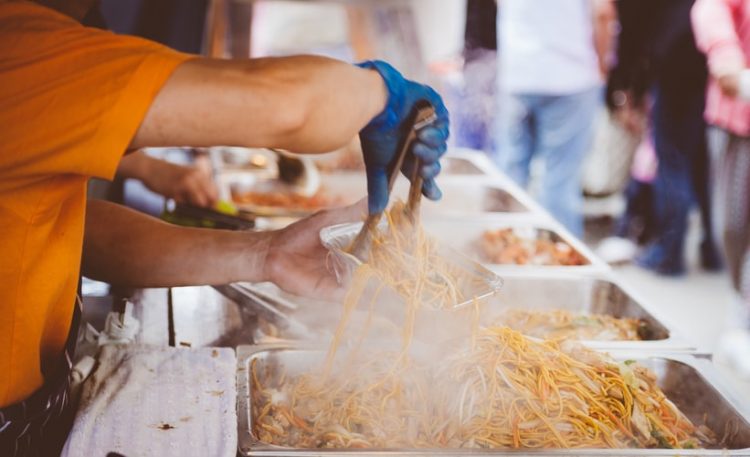
Photo: Clem Onojeghuo/Unsplash
Inspired by the PSA he watched on TV and by the popularity of the hot noodles he and other regular customers loved so much, the whistleblower brought a sample of the delicious dish to the police for testing, and results showed that it contained high levels of papaverine, narcotine, and other unusual compounds.
The Lunan Police Station cooperated with the Food and Drug Environmental Investigation Brigade to conduct a full search of the food stall and seized a large pot of chili oil that was later found to be laced with poppy-derived substances.
“The seasoning chili oil is laced with poppy shell powder, which makes it taste considerably better. The cold noodle dish as a whole tastes more delicious, but this food can be addictive and poses a danger to health over the long term,” officer Zhang Kaoshan told reporters.
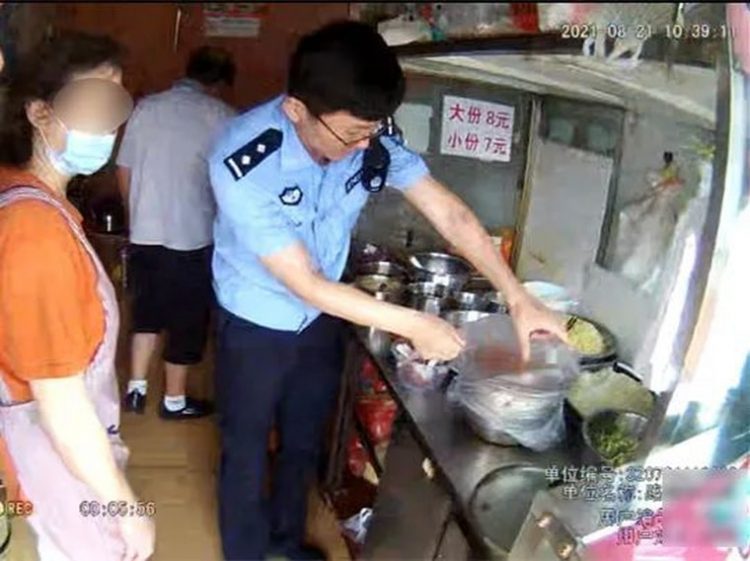
When confronted by police, the owner of the food stall, a local man surnamed Li, had no choice but to admit to lacing his chili noodles with poppy husk powder, explaining that it was the only way to recover from the crash caused by the Covid-19 pandemic. He had lost most of his customers during the lockdown, so he thought making his noodles addictive was a way to help his business recover faster.
The shady entrepreneur had heard that adding poppy husks in seasonings could make customers addicted, so he asked spice merchants if they added poppy husks to their products. Subsequently, a condiment merchant sold him a condiment containing poppy ingredients and Li simmered the special seasoning he bought with chili and soybean oil, took it to the store as a secret chili oil, and mixed it with cold noodles. His business quickly picked up.
Before long, the food stall’s daily profits rose by about a third, and the laced chili oil became the staple ingredient. Unfortunately for the greedy owner, he is suspected of producing and selling toxic and harmful food and faces time behind bars.
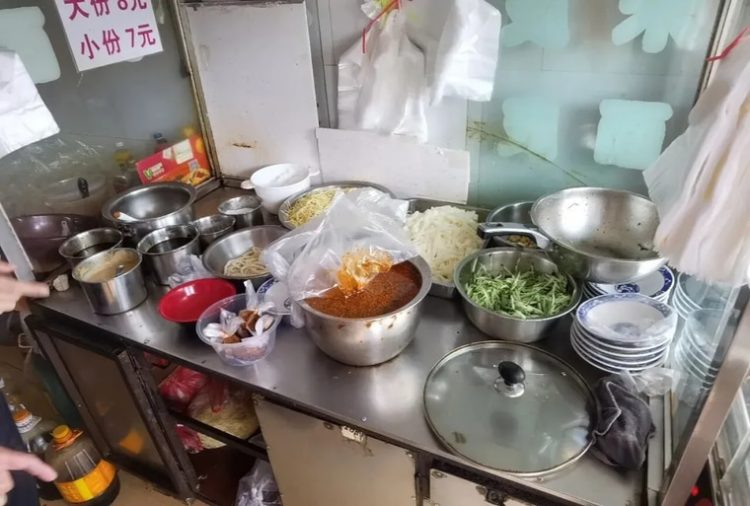
Papaver somniferum, or the opium poppy, is processed to make the addictive drug opium, but parts of it are apparently used by Chinese food businesses to make their dishes more addictive, and thus bring in more business. According to media statistics, from 2020 to April of this year, there were 155 criminal cases involving the illegal addition of opium poppy to food. Henan, Guizhou, and Jiangsu were the three top-ranked provinces in terms of number of cases.

